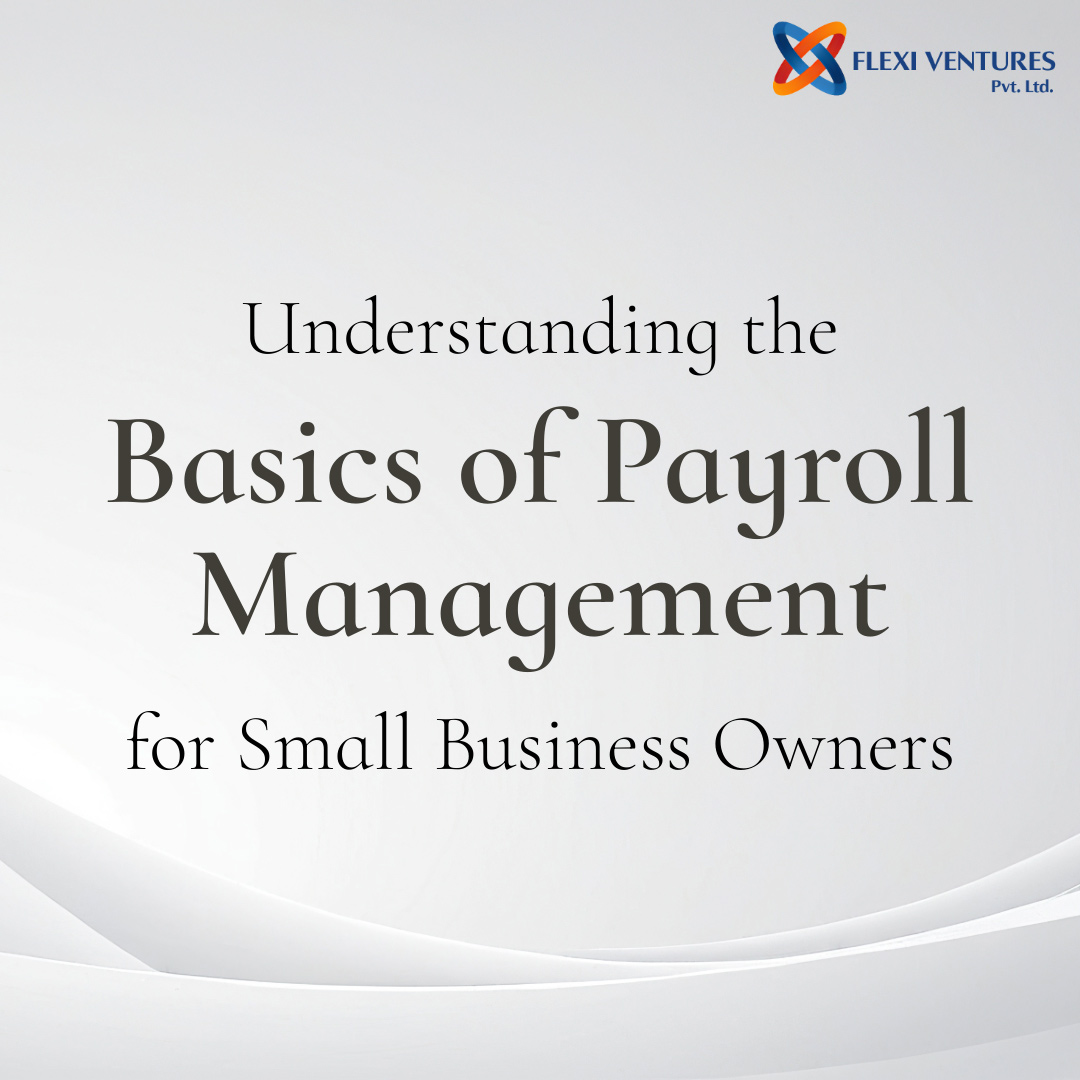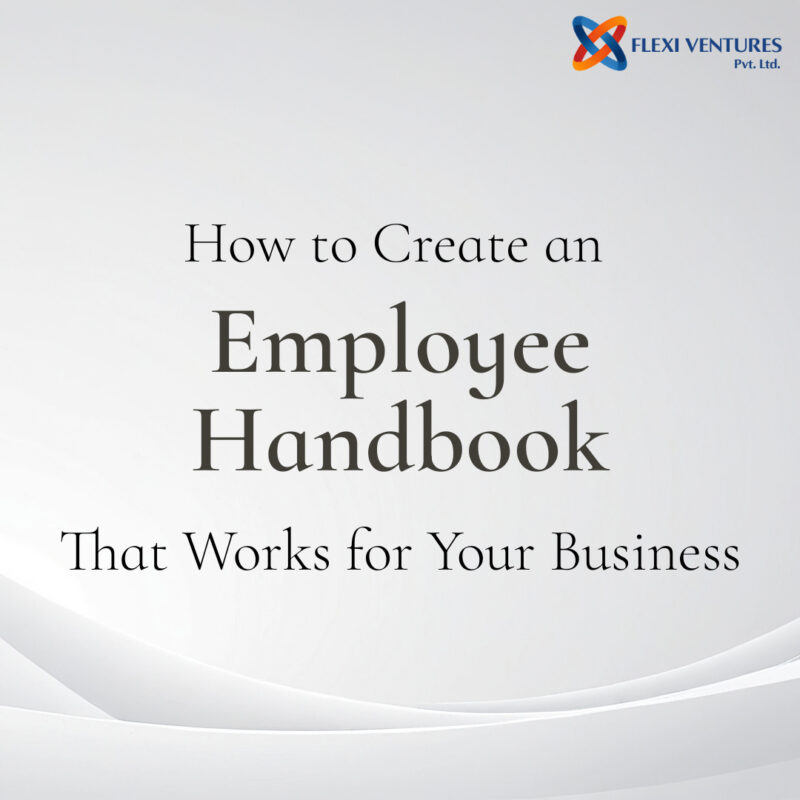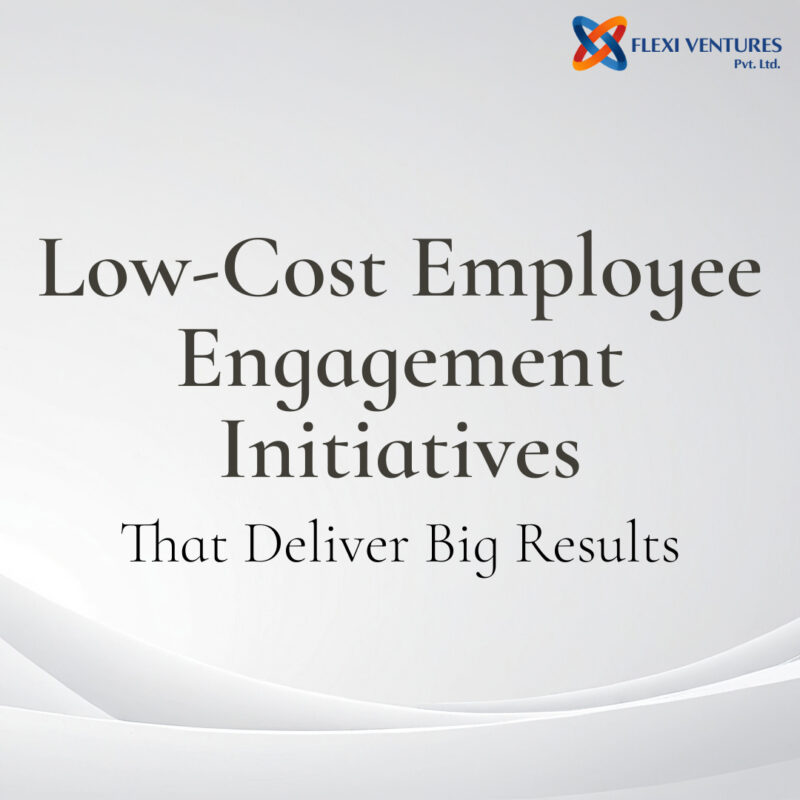For small business owners, managing payroll effectively means understanding its core components and processes. Payroll is the system for compensating employees, covering tasks like tracking hours, calculating earnings, and issuing payments through direct deposits or checks. It also refers to the list of employees eligible for payment and their amounts due.
Key Components:
- Gross Pay: Total earnings before deductions, including wages, overtime, and bonuses.
- Deductions: Amounts for taxes, insurance, and retirement contributions, taken from gross pay.
- Net Pay: Take-home pay after deductions.
- Taxes: Withheld amounts for federal income tax, FICA, and state/local taxes, plus employer contributions to Social Security.
Payroll Systems and Software
Choosing the right payroll software is essential for operational efficiency. Payroll software automates key payroll tasks, such as calculating wages and deductions, to ensure employees are paid accurately and on time. For example, QuickBooks Desktop Enhanced Payroll offers a range of features that streamline payroll management. Other popular options include Gusto, valued for its contractor payroll capabilities, and ezPaycheck, which is user-friendly and specifically designed for small businesses.
A good grasp of payroll fundamentals helps business owners manage payroll effectively while complying with regulations.
Legal Requirements and Compliance
Compliance with federal and state payroll regulations is essential for small businesses. Understanding these laws not only keeps businesses legally compliant but also boosts employee satisfaction and retention. This section explores federal and state payroll regulations, tax obligations, and employee classification, providing small business owners with the foundation needed for compliant payroll management.
Setting Up Payroll for Your Business
Setting up payroll involves selecting the right system and gathering essential employee information.
Choosing a Payroll System
Selecting the right payroll system is key to effectively managing payroll tasks. When evaluating options, consider the following:
- Employee Types and Payment Needs: The payroll system should accommodate various employee categories, such as salaried, hourly, full-time, part-time, and contractors. Since over 93% of American workers use direct deposit for their wages, choosing a system with direct deposit capabilities is essential.
- Tax Calculation and Filing: Ensure the system can automatically calculate, withhold, and file payroll taxes to maintain compliance with federal and state tax laws.
- Software Integration: A payroll system that integrates with existing accounting, HR, and other business tools can reduce manual data entry and improve operational efficiency.
- Customer Support: Access to 24/7 customer support is invaluable for resolving issues promptly and ensuring smooth payroll operations.
- Cost and Value: Look for a balance between affordability and quality. Consider monthly fees, per-employee costs, and options for unlimited payroll runs to maximize value.
Improving Payroll Efficiency
Enhancing payroll efficiency saves time and reduces errors, benefiting both the business and its employees.
Here are three key strategies: Automating Payroll Processes: Automation reduces errors by handling complex calculations and eliminating manual data entry mistakes. It also saves time—some companies have shortened payroll processing from days to minutes with automation. Additionally, automated systems provide better data security through encryption, stay up-to-date with tax regulations, and reduce operational costs by lowering the need for manual intervention.
Outsourcing Payroll: Hiring an external provider to manage payroll can yield significant cost savings and compliance benefits. By outsourcing, businesses access payroll experts and free up time to focus on strategic growth. Outsourcing also supports remote and hybrid work models by providing flexibility and scalability.
Conducting Regular Payroll Audits: Regular audits ensure payroll accuracy and compliance, reducing the risk of costly penalties and errors. Audits check employee classifications, tax withholdings, and adherence to regulations, strengthening financial controls and maintaining compliance when conducted at least annually.
Payroll Challenges and Solutions
Payroll issues, if they are checked, can help business efficiency and morale. Here are some common challenges and solutions:
- Omitted Employee Information: Missing essential data like tax ID or Social Security numbers can disrupt payroll. Solution: Ensure complete, regularly updated employee records.
- Overtime Miscalculation: Misunderstanding overtime laws often results in errors. Solution: Keep accurate records and stay informed on regulations.
- Employee Misclassification: Incorrectly classifying employees can lead to compliance issues. Solution: Regularly review and verify correct classifications.
Addressing these challenges proactively minimizes errors and enhances payroll accuracy.
Managing Payroll During Growth
As businesses grow, payroll complexity rises due to added locations, diverse pay structures, and regulatory demands:
- Increased Complexity: Expanding locations heighten regulatory needs. Solution: Use scalable payroll systems for multi-jurisdictional compliance.
- Compliance: Different areas mean varied tax and wage laws. Solution: Stay updated on local regulations.
- Data Security: More employees bring greater data sensitivity. Solution: Invest in secure payroll systems to protect information.
Effectively managing payroll is vital for small business success, as it impacts employee satisfaction, compliance, and operational efficiency. By understanding payroll fundamentals, choosing the right software, ensuring legal compliance, and addressing common challenges, small business owners can streamline payroll processes. As businesses grow, investing in scalable and secure systems becomes even more crucial to adapt to increased complexity. Proactive payroll management not only mitigates risks but also supports sustainable business growth.
For more information on HR consulting or support services visit our website.
Visit our Website – www.flexiventures.in
Call – 8080100001






